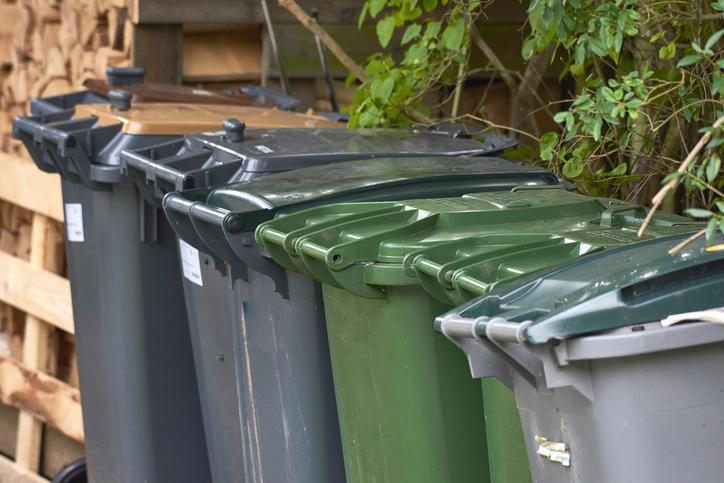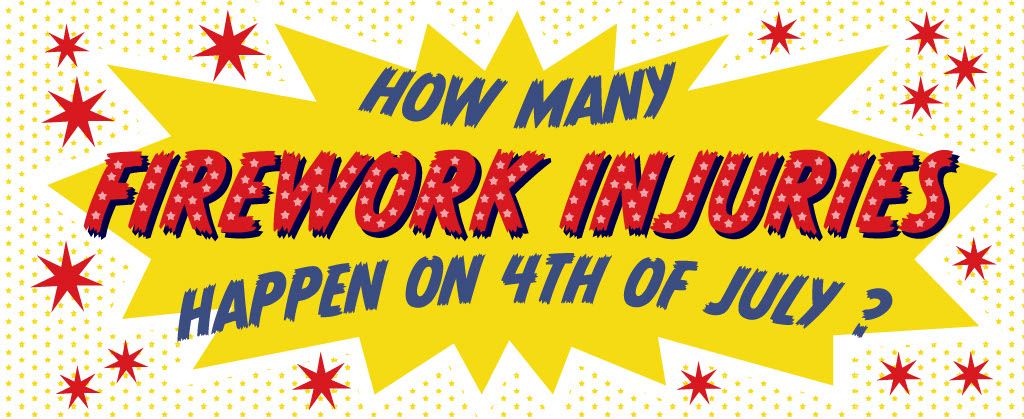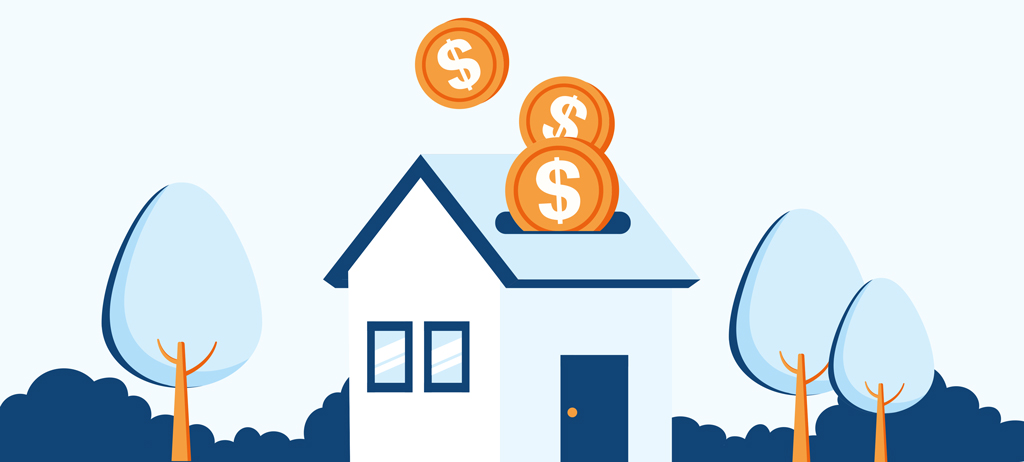When was the last time you asked Siri or Google a question? Whether you were searching for a random fact or something slightly more important, many of us expect the internet to provide us with limitless information. What we’d often like to deny, however, is how much of our personal information is also tangled up in the world wide web.
We use our credit cards online, receive paperless utility bills, post our location on social media, and log in to our bank accounts from any conceivable smart device. So whether you’d like to admit it or not, your personal information is out there, and it’s hard to know just how secure that information really is. It’s enough to make many consumers worry about identity theft and fraud, and if you’ve lost some sleep thinking about it, you’re not alone.
Though the internet does present some security risks for your personal information, here’s something you may not have considered: many of your risk factors for identity theft aren’t online. Often enough, it isn’t a data leak or a mysterious hacker that causes the headache and stress of identity theft— it’s a trash digger.
Don’t believe me? It’s a common misconception that a suspicious character snooping around your house probably wants your jewelry, medications, or even your TV, but in reality, your personal information is much more valuable than material things. One survey of Australian residents identified, “personal records (75%) and personal computers/laptops (69%) as the two items they would be most concerned about being stolen.”
And concern over losing personal records is valid because it really does happen, either as a result of burglary or because of improper disposal of documents. If you really want to protect yourself, you may need to reconsider how you define “valuables” and make a new plan to protect them.
So how can your trash endanger your identity? Jim Stickley describes how he used a man’s household trash to access his company’s financial database. Stickley is paid by large companies to find their security flaws, and he warns not to underestimate what people can find out about you from your trash. According to Stickley, “There is big business for identity thieves in personal garbage.”
Think about it: when you toss a credit card statement, a hospital bill, or even some junk mail, you’re filling your recycling bin with valuable personal information. And though the legality of trash digging is questionable, it still happens. Those papers intended for the sorting center or landfill could easily end up in the hands of a thief, leaving you vulnerable for identity fraud.
So how can you protect yourself from trash diggers and dumpster divers? Secure your recycling bins and garbage cans.
Amazon offers a variety of trash protection products, like combination locks and weather-tested straps, which deter thieves, cats, and racoons. Physically protecting your trash can or dumpster can save you time and money, so consider investing in some simple preventative gadgets.
Another way to boost the security of your trash can and any discarded documents is to invest in a security system with exterior cameras. There are plenty of options out there, and most can be custom fitted to your home, giving you eyes on anything that might be of interest to thieves, including your trash can. Monitor your property day and night with a good set of cameras, and you’ll protect yourself against much more than identity theft. Not only will your trash go unbothered, but you’ll discourage burglars from targeting your home, helping to protect all the personal information you didn’t throw away.
Finally, there is something else you can do to protect your personal information before you bag it up and throw it out—shred it. With over 9,000 reviews on Amazon, paper shredders like this one will cross cut your important documents, even shredding your old credit cards. Don’t waste your time ripping all those ads and old bills by hand, especially considering how ineffective that practice is for protecting your information. Jim Stickley, the expert identity thief, even said “When I find documents that have been torn by hand, I take them home and give them to my 7-year-old son and tell him it’s a puzzle. He always puts them back together.”
You might not be able to control all the information on the ever-expanding internet, but you can protect your personal information at home by securing your garbage and recycling cans. With the right gadgets, a good security system, and a paper shredder for personal documents, you can protect yourself and your family from identity theft and fraud. Do you have other tips and ideas for protecting your personal information? Join our community now and share your thoughts.




